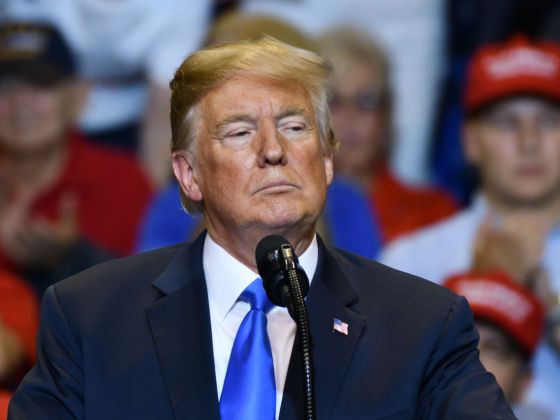Beth Bailey is a wife and dog-wrangler who writes about war, love, and other topics close to her heart. The views and opinions expressed in this article are hers and do not necessarily reflect the official position of Matador Network.
I’m one of those voters you’ve heard so much about. The ones who cast their vote on November 8th for Donald Trump, but who stayed silent about their voting intentions among all but their closest confidantes.
